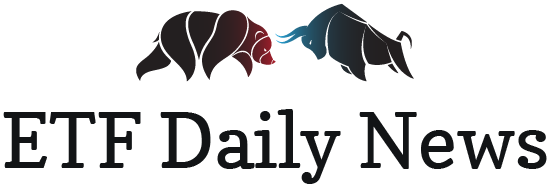With interest rates rising, your cash holdings could now earn you some interest income.
Again, they could—but they may not be doing so. Many financial institutions are not passing along higher interest to customers holding cash. You should check to see how much your money earns, and if it’s a pittance, look at some alternatives.
Here are some ways to earn interest income…
Yet many financial institutions haven’t increased the rates they pay on savings accounts. They continue to pay near-zero rates that resulted from meager market interest rates in years past.
I have quite a lot of cash in a business savings account at my credit union. That money continues to earn the measly 0.10% that has been the rate since I opened the account five or six years ago.
I looked at Bank of America’s savings rates, but they’re even worse. They pay 0.01% to 0.04% on savings accounts and just 0.05% on a 7-month CD, the shortest term they offer.
I have most of my investment portfolio with Charles Schwab. They currently pay 0.40% on cash balances. It’s better than $0.10%, but still pretty meager.
As an alternative to earning nearly nothing on your cash, look for money market mutual funds and bank money market accounts. It’s important to understand the difference between the two types of investments.
Money market mutual funds invest in short-term liquid securities such as Treasury bills or corporate commercial paper. These funds earn short-term market rates minus a management expense. For example, the Fidelity Government Money Market Fund expenses are 0.10%. Net of fees, the fund has a current yield of 2.49%. A money market mutual fund will have a stable $1.00 share price.
Money market savings accounts are FDIC-insured bank accounts. The banks set the yields, which vary widely from bank to bank. You can find accounts paying almost nothing up to around 3.0%. To take the bank path, you need to shop around and be willing to send money to banks with which you may not be familiar.
Your brokerage account may allow you to sweep all cash into a money market mutual fund. Fidelity does that, and it is a nice feature. Charles Schwab does not, so you must manually buy and sell shares if you invest with…
Continue reading at INVESTORSALLEY.com
